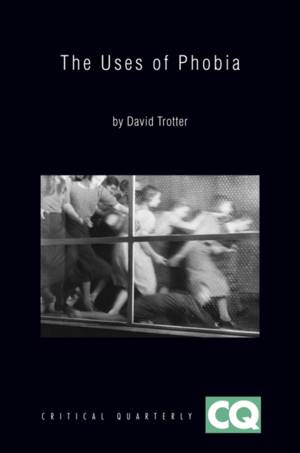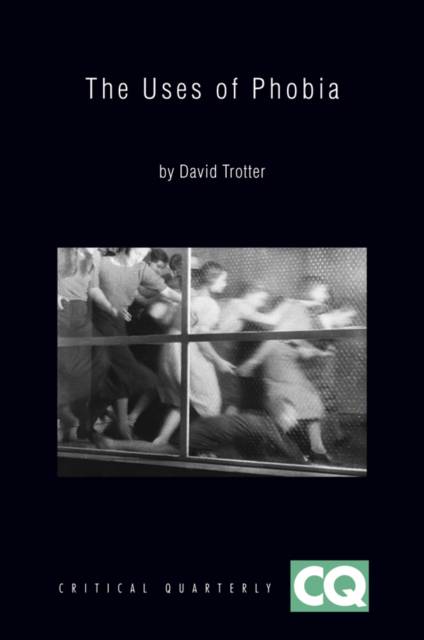
- Afhalen na 1 uur in een winkel met voorraad
- Gratis thuislevering in België vanaf € 30
- Ruim aanbod met 7 miljoen producten
- Afhalen na 1 uur in een winkel met voorraad
- Gratis thuislevering in België vanaf € 30
- Ruim aanbod met 7 miljoen producten
Zoeken
Omschrijving
The essays brought together in this book understand phobia not as a pathology, but as a versatile moral, political, and aesthetic resource - and one with a history. They demonstrate that enquiry into strong feelings of aversion has enabled writers and film-makers to say and show things they could not otherwise have said or shown; and in this way to get profoundly and provocatively to grips with the modern condition.
- Makes extensive reference to original readings of a wide range of literary texts and films, from the 1850s to the present
- Places a strong emphasis on the value phobia has held, in particular, for women activists, writers, and film-makers
- Discusses a range of writers and film-makers from Dickens, Thackeray, and George Eliot through Hardy, Joyce, Ford and Woolf; from Jean Renoir through Hitchcock and Truffaut to Margarethe von Trotta and Pedro Almodóvar
- Intervention in key debates in cultural theory and cultural history
Specificaties
Betrokkenen
- Auteur(s):
- Uitgeverij:
Inhoud
- Aantal bladzijden:
- 192
- Taal:
- Engels
- Reeks:
- Reeksnummer:
- nr. 3
Eigenschappen
- Productcode (EAN):
- 9781444333848
- Verschijningsdatum:
- 21/06/2010
- Uitvoering:
- Paperback
- Formaat:
- Trade paperback (VS)
- Afmetingen:
- 150 mm x 226 mm
- Gewicht:
- 235 g

Alleen bij Standaard Boekhandel
+ 101 punten op je klantenkaart van Standaard Boekhandel
Beoordelingen
We publiceren alleen reviews die voldoen aan de voorwaarden voor reviews. Bekijk onze voorwaarden voor reviews.











